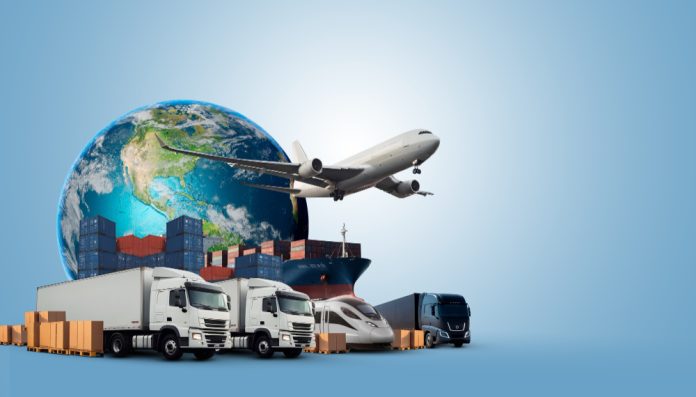India’s logistics and transportation industry is expected to grow into a $380 billion powerhouse by 2025. But behind this rapid expansion lies a glaring concern: a widening skills gap. While technology, automation, and digital platforms are being rapidly adopted across the supply chain, the workforce—particularly at the ground level—struggles to keep pace.
The question is no longer “Will the sector grow?” but rather, “Do we have the skilled talent to sustain and support that growth?”
This is where organizations like FICCI’s Logistics & Supply Chain Committee and the All India Transporters Welfare Association (AITWA) are stepping in to redefine workforce development across the logistics value chain.
The Current Skills Landscape: A Sector in Transition
India’s logistics sector employs over 22 million people, making it one of the largest job creators in the country. However, a significant portion of this workforce lacks formal training. The transition toward tech-enabled operations, smart fleet management, and automated warehousing demands:
- Knowledge of digital platforms and mobile apps
- Basic IT and data entry proficiency
- Familiarity with e-way bills, GST compliance, and RFID tolling
- Understanding of safety standards and eco-driving techniques
Without these foundational skills, both efficiency and safety take a hit.
Key Areas Where the Skills Gap Is Most Visible
- Fleet Operations and Management: Many drivers and dispatchers still rely on manual methods for scheduling, tracking, and maintenance. This results in delays, route inefficiencies, and poor fuel management.
- Warehouse and Inventory Handling: Modern warehouses now operate with barcode systems, WMS platforms, and IoT sensors. Yet, a lack of tech literacy among staff slows down adoption.
- Compliance and Documentation: With the shift toward e-invoicing, e-way bills, and digital logistics tracking, compliance knowledge is critical. But most SMEs lack trained professionals to handle regulatory demands.
- Customer Service and Reverse Logistics: As logistics becomes more customer-facing—especially with e-commerce—skills in communication, CRM tools, and returns processing are now crucial.
FICCI’s Workforce Development Blueprint
FICCI has launched several initiatives to tackle these issues head-on. Some of their flagship efforts include:
- Skill Development Councils that design job-role-specific training programs aligned with National Skill Qualification Framework (NSQF).
- Collaborations with universities and polytechnic institutes to introduce Logistics & Supply Chain Management diplomas.
- Corporate workshops for mid-level managers and warehouse supervisors focusing on process optimization and tech training.
One standout initiative is the “Skill India in Logistics” program, run in partnership with the Ministry of Skill Development & Entrepreneurship, which aims to train over 200,000 professionals by 2026.
AITWA: Driving Change on the Ground
While FICCI sets macro-level policy and training frameworks, AITWA operates at the grassroots, especially with truckers, fleet owners, and small logistics firms.
Their focus areas include:
- Driver Skill Enhancement Programs to train truckers in eco-driving, road safety, and basic vehicle diagnostics
- Conducting hands-on workshops on digital payment systems, FASTag, GPS installation, and compliance documentation
- Promoting second-generation logistics entrepreneurs through mentorship and business literacy programs
AITWA’s partnership with state governments in Haryana and Maharashtra has already trained over 12,000 transport workers, improving not only skill levels but job satisfaction and safety records.
Success Story: Upskilling at Scale
Take the case of a mid-sized logistics operator in Nagpur, who was struggling with delivery delays and fleet downtime. After participating in an AITWA-led training session focused on GPS tracking and route optimization, the company reported a 28% increase in delivery accuracy and a 15% drop in fuel expenses within four months.
Their workforce, previously resistant to tech, now embraces route planning apps, driver scorecards, and real-time alerts.
The Road Ahead: A Collaborative Call to Action
To build a future-ready transport sector, India must embrace a collaborative approach involving:
- Policy support for logistics-focused vocational education
- Funding models for continuous skill upgradation
- Widespread awareness campaigns to highlight career paths in logistics
With technology accelerating at an unprecedented pace, reskilling isn’t a one-time effort—it’s a continuous process. And with FICCI shaping strategic policy and AITWA empowering transporters on the ground, India is better positioned than ever to close its logistics skill gap.









